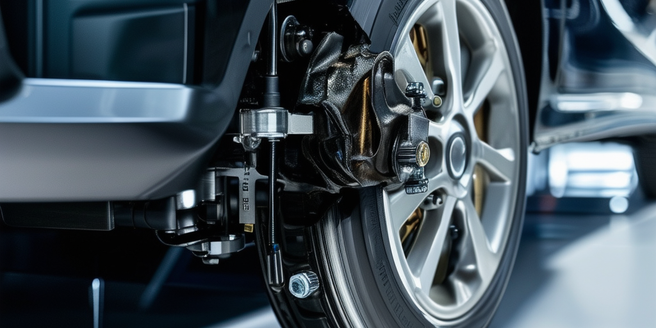
Understanding the Basics of Defects Lawsuits
In a defects lawsuit, the plaintiff alleges that a manufacturing or design fault in a vehicle primarily caused an accident. They argue the mishap was avoidable and led by the defective automobile involved. These arguments are supported by product liability laws that mandate manufacturers, distributors, and retail sellers to ensure the safety and efficacy of their products. If these products possess harmful defects resulting in injury or damage, legal proceedings may be initiated against the liable entities. Therefore, a product defect can have significant legal consequences for the involved parties, potentially requiring them to compensate the victims for negligence-related harm. Ultimately, entities bringing products to the public, especially automobiles, have both a moral and legal obligation to ensure the items are defect-free. If a defect causes harm, the parties involved can be legally questioned and potentially held liable for the damages.
Examples of Defects that Can Lead to Lawsuits
Various defects in automobiles and other products, ranging from faulty brakes, underperforming airbags, subpar tires, to flawed fuel systems, may lead to significant mishaps. These defects may even result in fatal situations and may not just stem from carelessness during utilization, but potentially could be a consequence of the design process or due to flaws introduced at the manufacturing or distribution stage. Such defects could be due to either design oversights, cost-cutting compromises on safety standards, or quality checks during manufacturing. In instances where a consumer suffers because of a company’s negligence or inefficiency, it is a breach of trust, potentially presenting strong grounds for a lawsuit. In these cases, holding those accountable for the design flaw, manufacturing error, or distribution negligence is crucial, making a thorough investigation and the pursuit of legal action a necessity for the aggrieved party.
Automaker’s Responsibility in Ensuring Car Safety
Automakers globally have a paramount duty to ensure the safety of their vehicles for regular consumer use, a core responsibility that includes extensive testing on all mechanical components, electronics, and systems before market integration. Each part, from the smallest bolt to the engine, undergoes meticulous quality checks. Safeguarding the vehicle’s manufacturing processes from errors that could introduce defects is equally crucial, which implies perfection from design stage, raw material selection, machine calibration, assembly, checks, to packaging. Likewise, automakers should invest in precision equipment and trained personnel for these rigorous checks, implementing strict quality controls involving multiple inspection stages with stringent benchmarks, and regularly updating these benchmarks in line with technological or legislative changes. Therefore, automakers play a pivotal role in preventing consumer harm by producing innovative, rigorously tested, and safe vehicles, maintaining flawless manufacturing and production processes at all times.
Potential Consequences of Defects Lawsuits for Automakers
Engaging in a defects lawsuit can greatly damage an automaker’s public image and financial stability. Negative publicity, hefty fines, steep legal fees, and associated operating costs compound the issue. If severe defects compromise automobile safety, the result could be a recall of entire vehicle models, leading to further logistical and financial burdens. The manufacturer must cover repair or replacement costs, and compensate customers. A vehicle recall not only poses a financial threat but also worsens the automaker’s tarnished reputation, possibly leading to future sales decline. Thus, a defects lawsuit presents immediate and long-term challenges, potentially affecting the company’s survival, success, and credibility in the industry.
Preventing Lawsuits through Quality Control and Regular Inspections
To avoid potential lawsuits, automakers need to improve and maintain quality control in all manufacturing aspects, including design, sourcing, assembly, and inspections, from the beginning of production to the delivery of the final product. Integrating regular inspections into the manufacturing process will allow early identification and rectification of any potential issues, ensuring compliance with standards. Further, robust safety checks must be established within their operations, going beyond merely adhering to safety standards, but preventing accidents and thus, reducing liabilities. Putting a greater emphasis on safety and quality, not just as standards but as core values, will not only protect customers and the reputation of the brand but will also minimize the risk of lawsuits resulting from negligent manufacturing practices.
